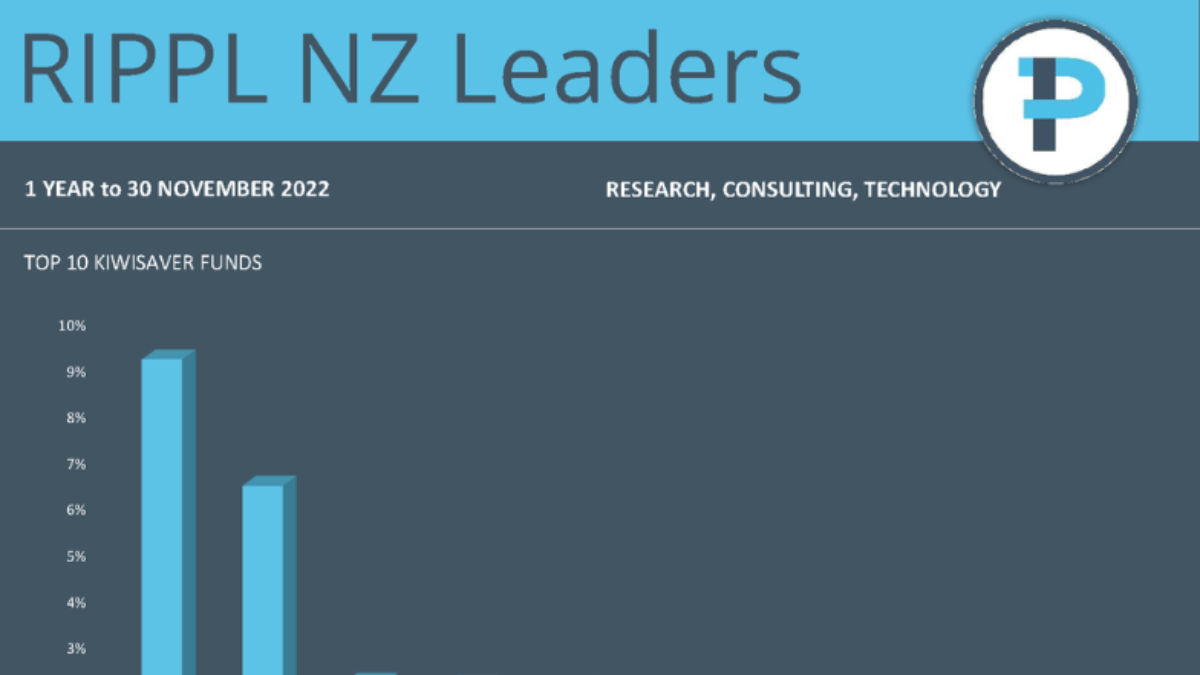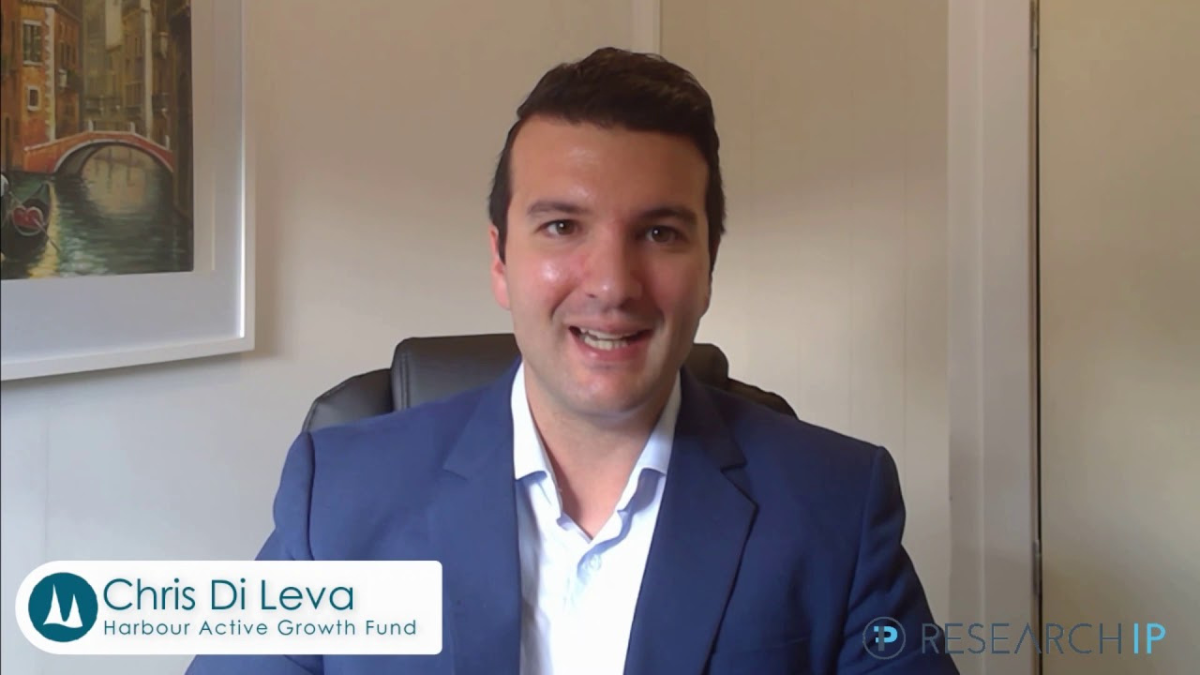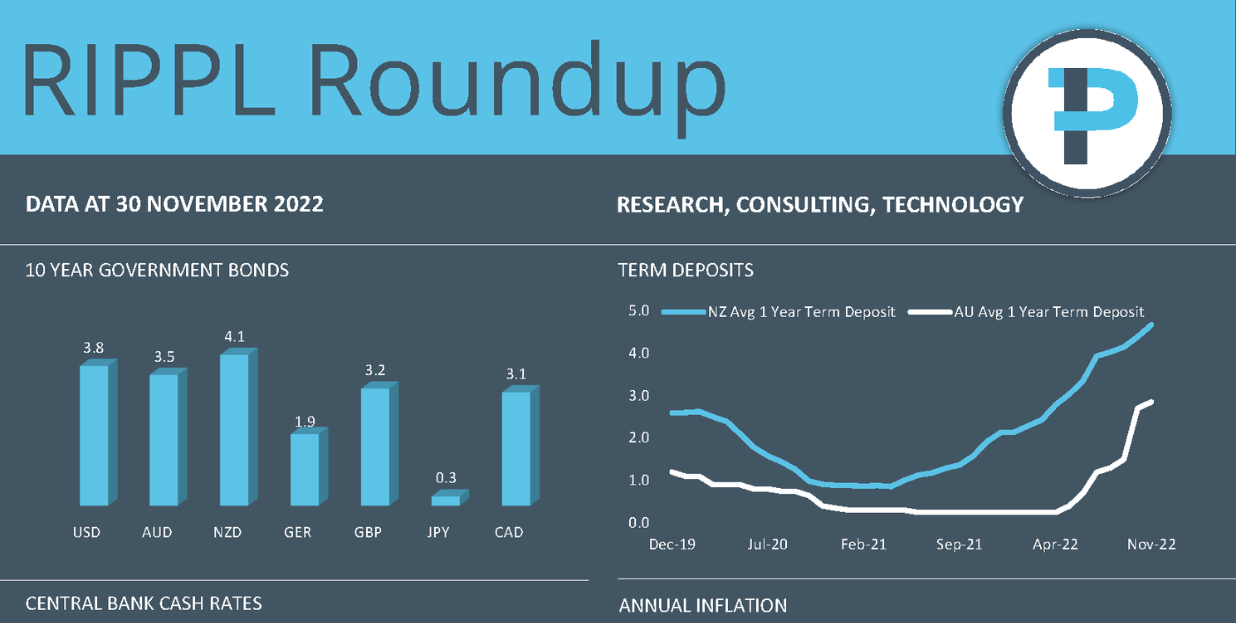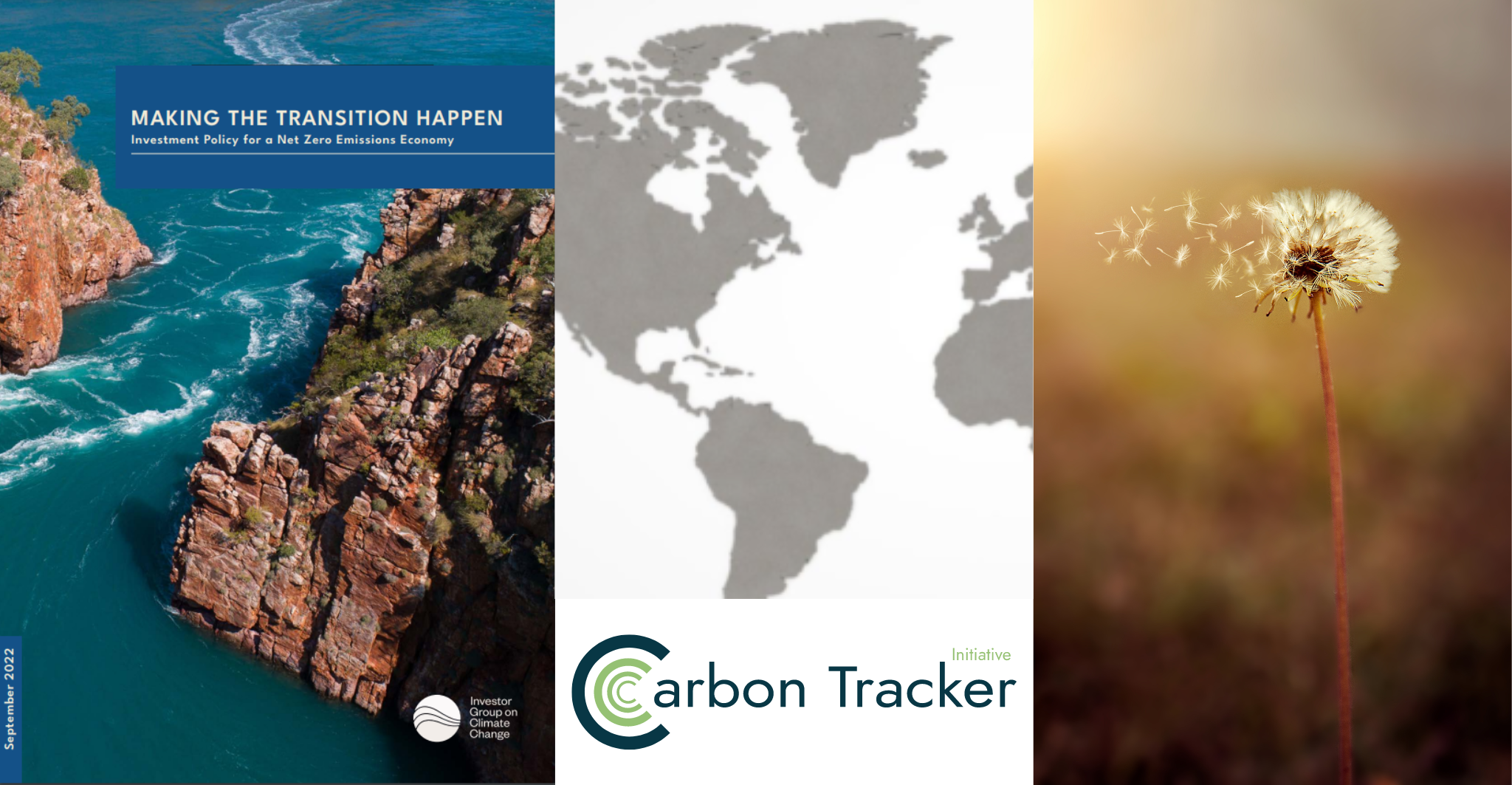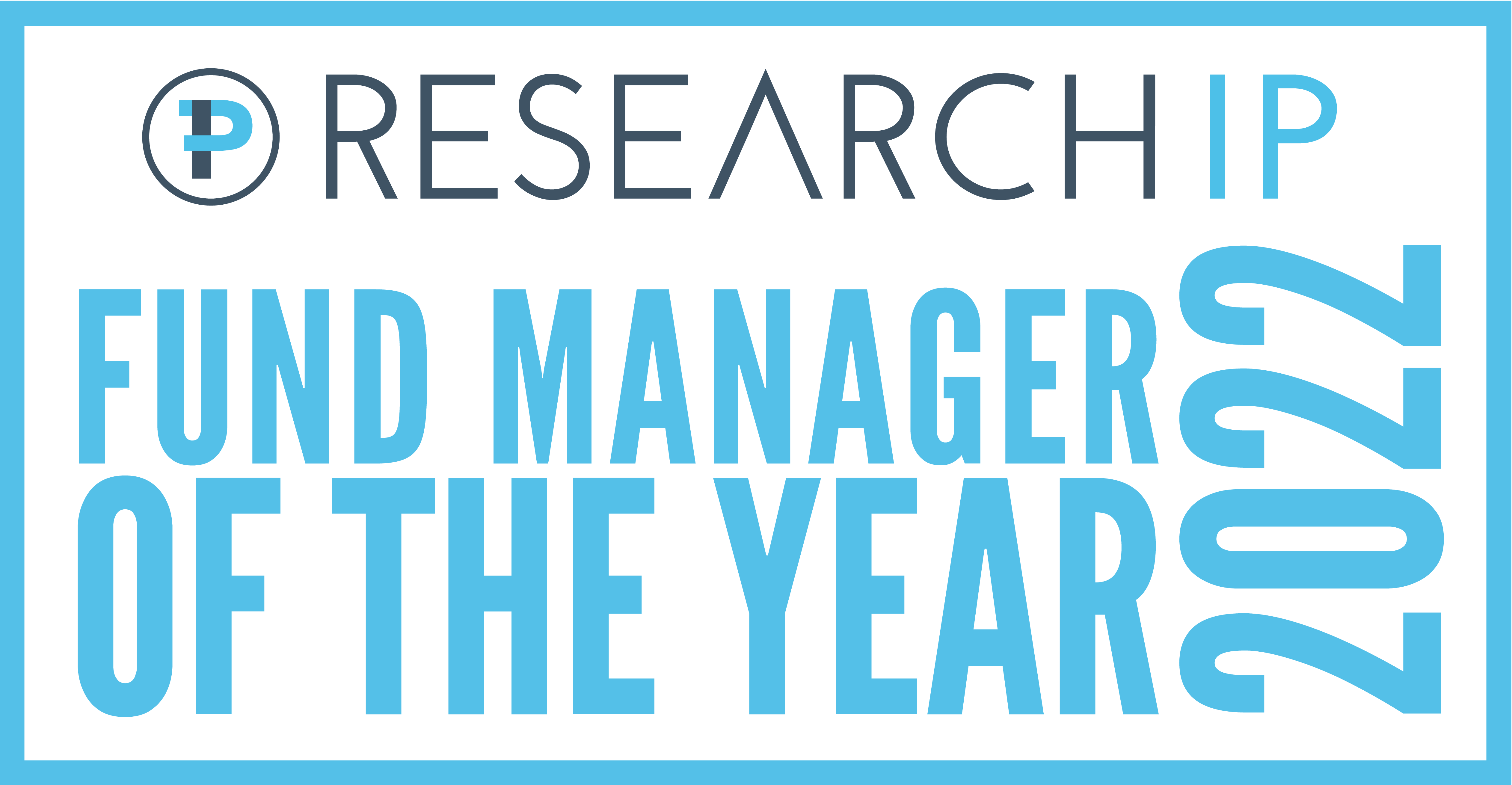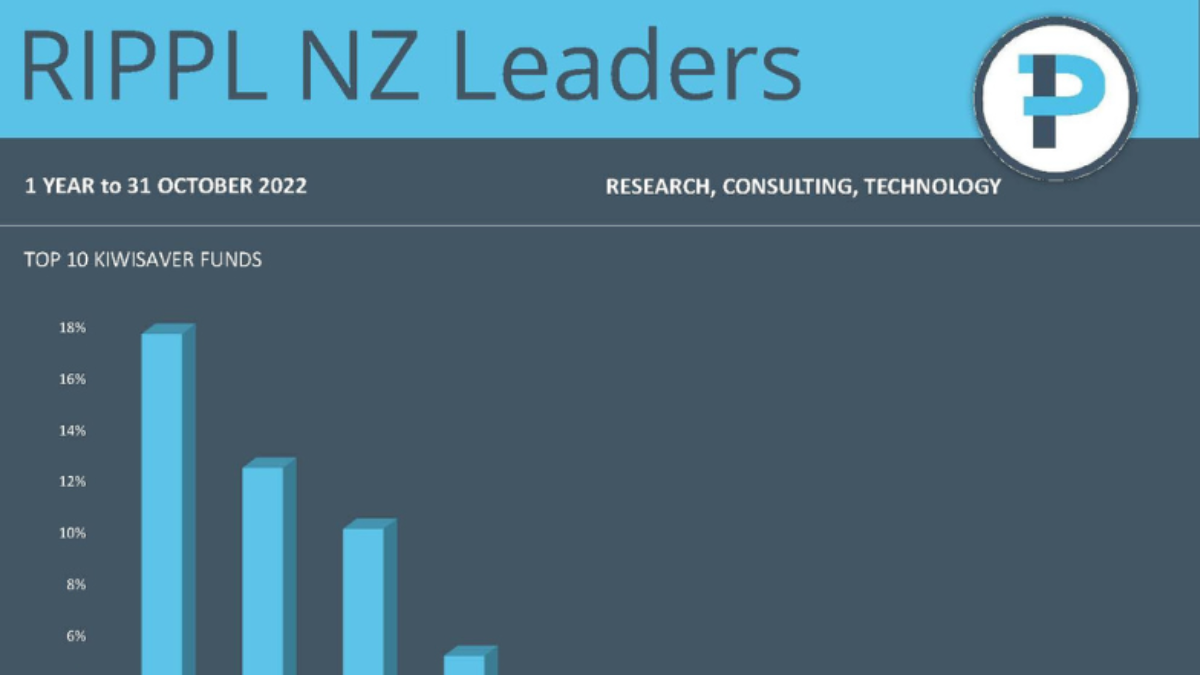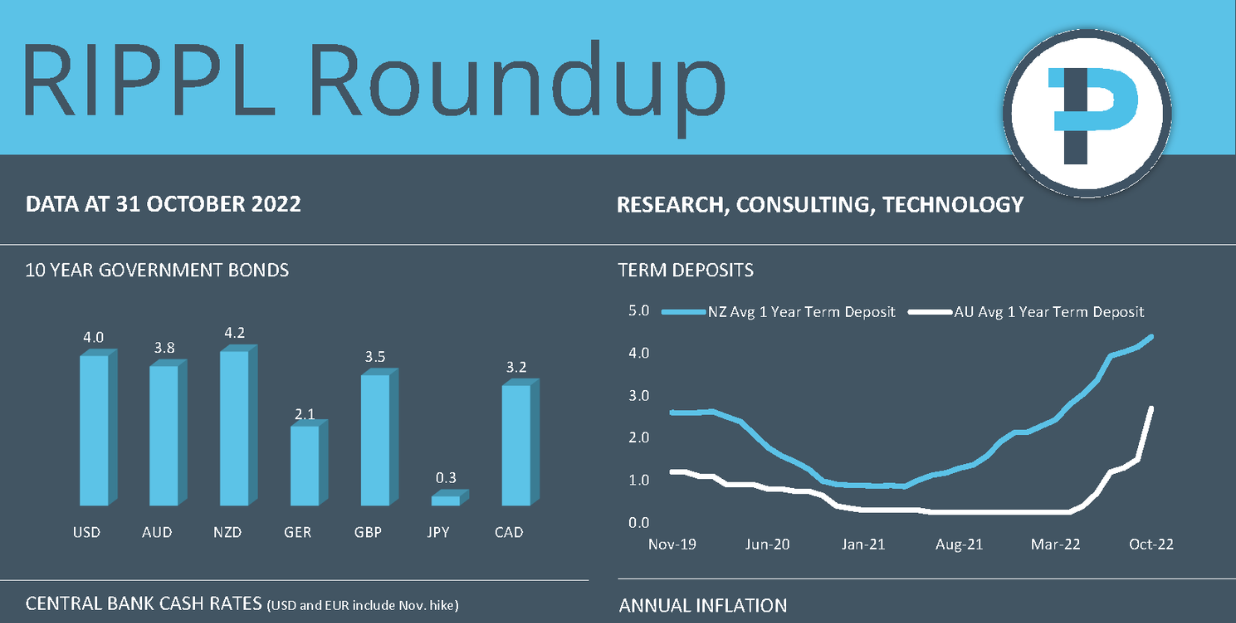The RIPPL NZ Leaders highlights some market trends and how funds performed over the last 12 months. Check out the KiwiSaver and Non-KiwiSaver investment performance and accompanying RIPPL Effect reports.
The Harbour Active Growth Fund has been issued a "4 IP" rating by Research IP, with a score of 3.80/5.
Research IP brings you the RIPPL Roundup each month to provide an early market snapshot for New Zealand and Australian financial advisers.
Responsible investing has become a focus area in the investment industry, but greenwashing is rife and the sales pitch is strong, so what really matters? Research IP helps many of our consulting clients navigate the maze, but no one client is the same. The monthly RIPPL Sluice provides some examples of responsible investment in action.
Congratulations to the team at Smartshares for taking out this year’s coveted Fund Manager of the Year 2022 Award.
The Ausbil Global Essential Infrastructure Fund has been awarded a "5 IP" rating from Research IP, with a score of 4.26/5.
The Ausbil Global SmallCap Fund has been awarded a "4 IP" rating from Research IP, with a score of 4.17/5.
The RIPPL NZ Leaders highlights some market trends and how funds performed over the last 12 months. Check out the KiwiSaver and Non-KiwiSaver investment performance and accompanying RIPPL Effect reports.
Announcing the finalists for 2022. The Research IP Fund Manager of the Year Awards are back in 2022, recognising talent in the world of investment management.
Research IP brings you the RIPPL Roundup each month to provide an early market snapshot for New Zealand and Australian financial advisers.


